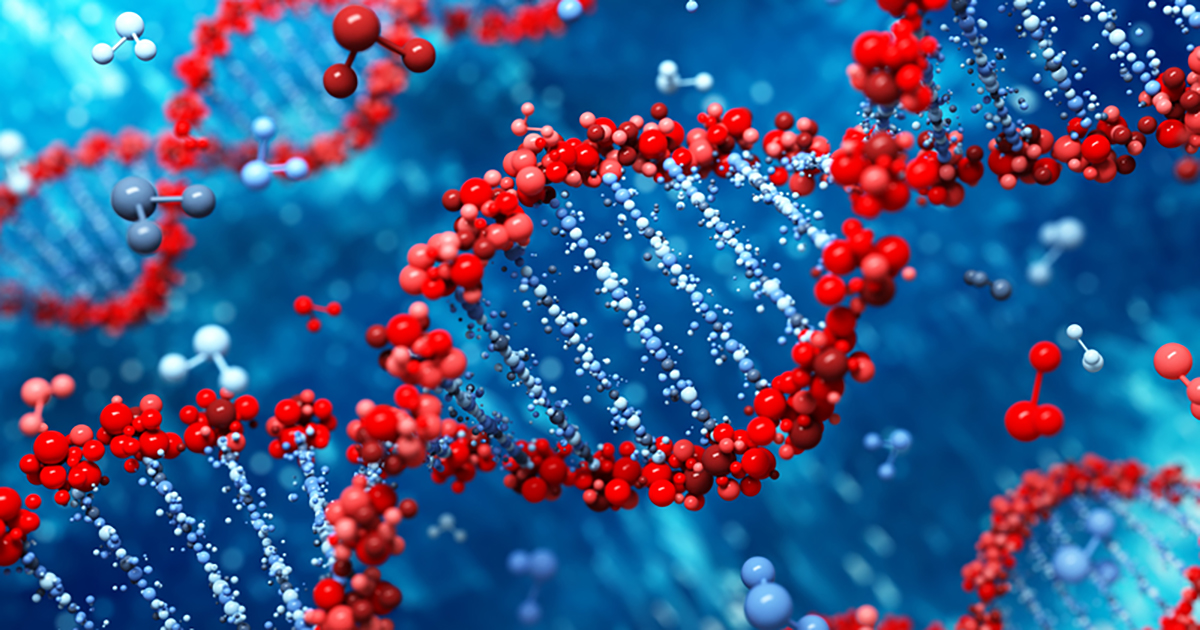Causes Of Dyscalculia
Genetic Components

There is some evidence to suggest genetic components may play a role in dyscalculia. For example, the condition tends to run in families, and parents with dyscalculia may have children who also have the disorder. In a study completed on twins, forty-nine percent of identical twins, who share all of the same genes, were found to have dyscalculia. Among non-identical twins, who share fifty percent of the same genes, thirty-two percent had the condition as well. It is estimated genetics have a moderate influence on the condition, and environmental factors, including the level of instruction and learning setting, are also important and may contribute to the severity of the disability. As science and genetic understanding advance, it is hoped future studies will shed new light on the possible genetic components associated with dyscalculia.